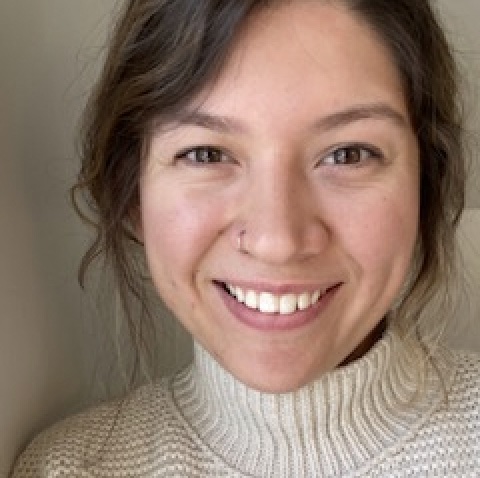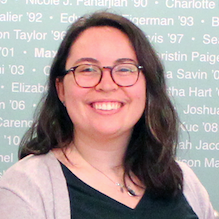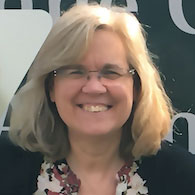News from the Office of Institutional Support
Click the links below for new grant awards and other OIS news!
OPR by the Numbers
195 Institutions Researched Per Month
Our Staff
Bard Staff That Work Closely With OIS
OIS works closely with the Office of Post-Award Management (OPAM) on post-award grant management. OPAM will be available to help you manage all financial aspects of your grant once it has been received. Once you have been notified of your grant award, OIS will help set up a launch meeting with them to discuss the next steps. You can contact OPAM at [email protected].
For Bard Annandale faculty seeking support for individual projects, please contact Faculty Grants Officer Sue Elvin ([email protected]).
What We Do
OIS includes a dedicated cadre of staff that work closely with project directors, program staff, and faculty on the successful submission of grant applications that meet College priorities. Also within OIS is the Office of Prospect Research (OPR), an important part of Bard’s fundraising efforts. OPR finds potential sources of funding and individual donors for the College and recommends outreach efforts. The OIS team has a diverse set of backgrounds that they use to assist you in thinking strategically about raising money for your Bard project. Please feel free to give us a call or stop by to meet with one of our staff members!

.jpg)




